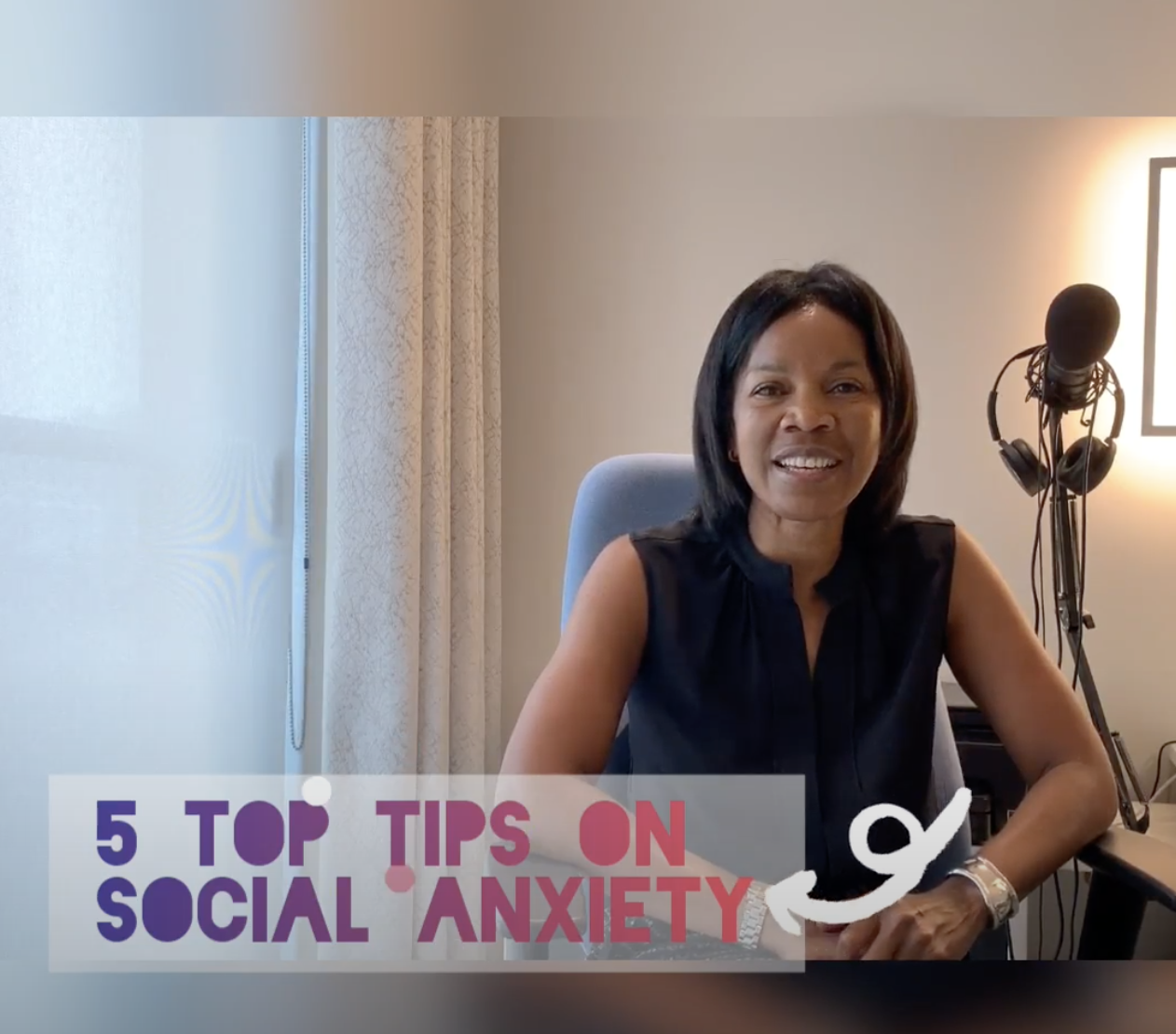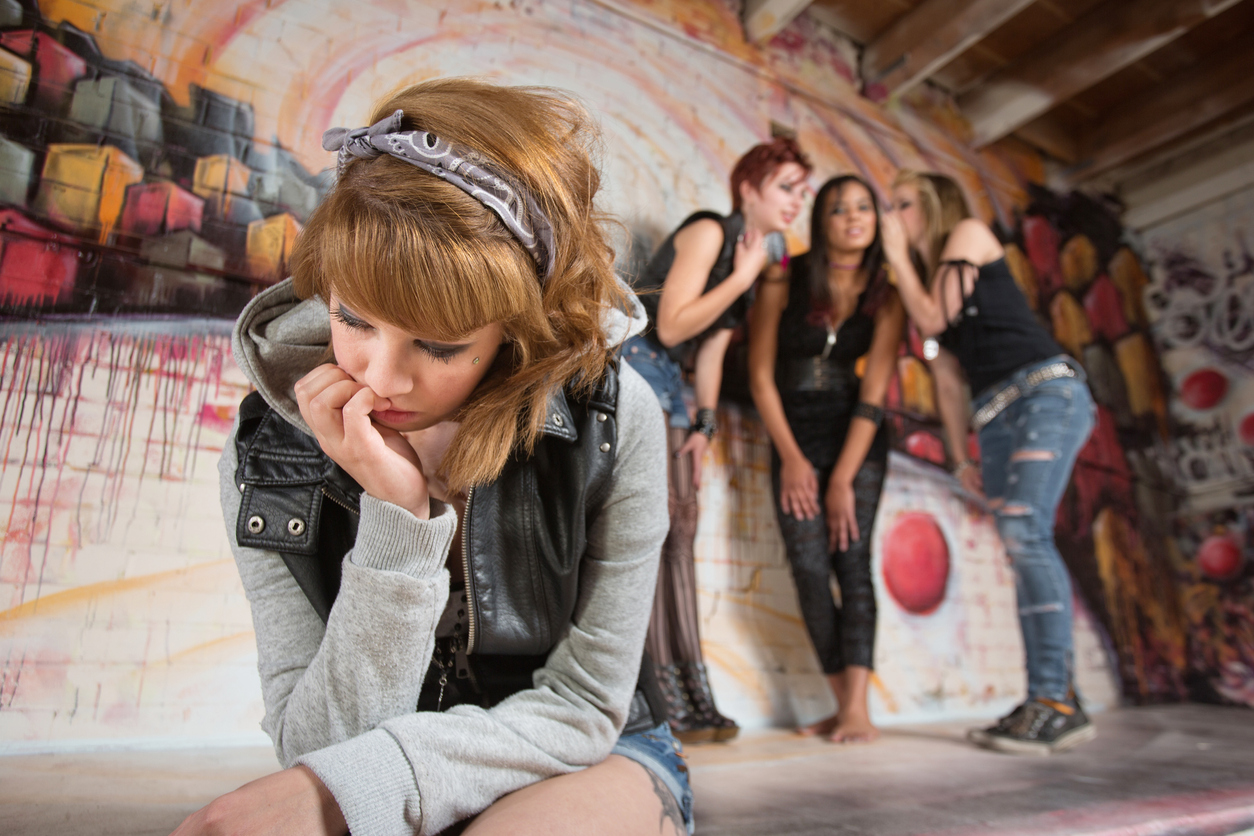It has been quite an insightful experience for me to do our podcast On Social Anxiety—such a common disorder but perhaps just as misunderstood or perhaps even more than health anxiety, which I could write a book about. But I won’t as this blog is not about being called a hypochondriac with a view that it is all delusional rather it is about being typecast as shy or eccentric and therefore being often begrudged any empathy or support for your condition.
Thankfully, I haven’t suffered with social anxiety but UIO guest Claire Eastham, best-selling author of We’re all Mad Here, has and was able to shed some light on just how serious the matter is.
Too often we simply give the body a lot more respect than the brain, Claire explains, citing examples like not telling someone that they have to run in a race when they have a broken leg, as opposed to telling someone that they have to recite a presentation like everyone else; they are not different, no matter how much they are trembling at the notion.
The instruction is often with good intent, which is why education about the disorder is so important. Unchecked, unmanaged social anxiety can lead to serious health problems, amongst them panic attacks, which I have had. Claire also gives insight into what a panic attack can feel like and believe you me, it can feel absolutely awful. Amongst the whoppers that I have had was the one that sent me to the emergency room, totally convinced I was having cardiac arrest. And though all checked out fine, the doctor sent me on to a cardiologist to be absolutely sure that I was well.
The point is, Claire stresses, your brain tricks the body to feeling that it is under threat and you either think you are going crazy or that you are going to die. But the good news is there are some great tips on our podcast on how to mitigate social anxiety and panic attacks.
In the meantime, as I reflect upon my teenage years, I can pinpoint a few situations where a fellow student most likely had social anxiety and was tagged as eccentric. In one particular case, my friend was painfully quiet but not really shy when you got to know her, but she certainly struggled with socialising. During a major time in her life, she was visibly sweating and shaking to the point that everyone thought she would collapse. But even then, people said that she’s just weird and she should just get on with it.
To this day, though I don’t see much of her, she’s isolated from her peers because people see her as an outcast because she struggles in social situations. Seriously I am hoping that the word is getting out, particularly amongst teenagers, that social anxiety is real and left undiagnosed, can cause great harm to your mental and emotional health.
Though there aren’t any stats that I know of confirming that girls suffer social anxiety more than boys, girls do deal with related issues disproportionately such as questions with body image. To this end, they want to be perfect, look perfect, etc…. and can obsess about their body in any case and if suffering with social anxiety, the obsession can become worse, leading to even more harm.
For example, Claire talks about looking at her face several times before meeting a friend but knowing that once the moment is over, it is over, whereas on social media, the moment is never over because there is a selfie, a picture to remind you that you are not perfect, at least that is what your anxiety tells you.
Thus, the importance of getting the word out that social anxiety is real, it is not something that everyone has (something an acquaintance said to me) or a dislike of people as Claire points out. It is a very serious irrational situation in which people struggle with socialising at high risk to their mental and emotional wellbeing.
Key here is to give the brain its props. When it is unwell, it needs to heal equally as much as the body. Have a listen to On Social Anxiety on Apple Podcasts or wherever you listen to podcasts. Or sign up for our RSS feed to ensure you never miss a UIO podcast, a great resources for teenage girls, their parents and guardians and teachers, too.



